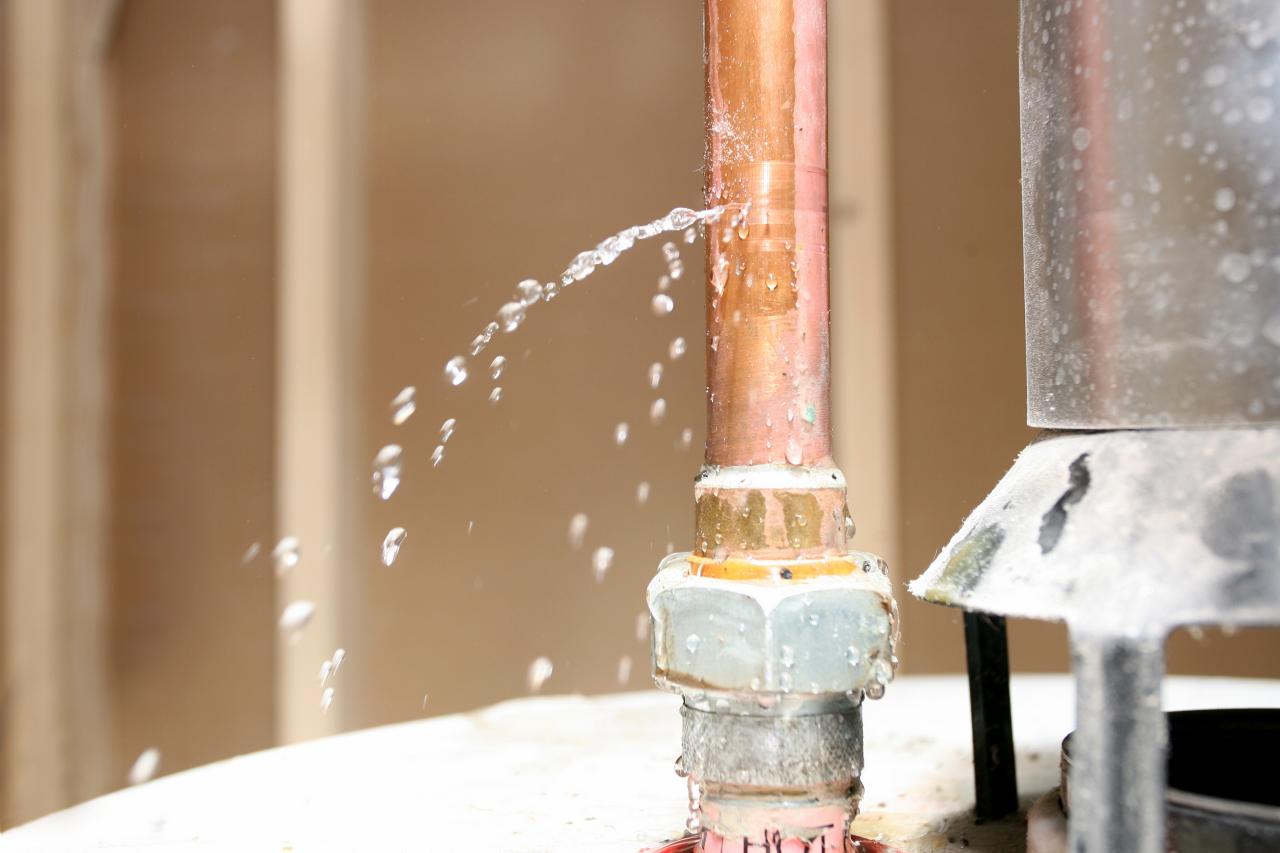
Burst Pipe Battles: Causes, Prevention, and Repair
A Burst pipe can be a homeowner’s nightmare. Water damage can ruin your furniture, flooring, and walls, not to mention the cost of repairs. But, with a little knowledge and preparation, you can prevent and repair burst pipes. In this post, we’ll cover the causes, prevention, and repair of burst pipes.
Understanding Burst Pipe: Causes and Symptoms
A burst pipe can occur due to a variety of reasons, including freezing temperatures, corrosion, water pressure, and age. The most common symptom of a burst pipe is water damage, which can include wet spots, discoloration, mold, and a decrease in water pressure. If you notice any of these symptoms, it’s important to act quickly to prevent further damage.
Prevention is Key: Tips to Avoid Burst Pipe
The best way to avoid burst pipes is to prevent them from happening in the first place. Here are some tips to help you prevent burst pipes:
- Insulate your pipes: This will help prevent freezing during the winter months.
- Keep your home heated: If you’re going to be away from your home for an extended period during the winter, keep your home heated to prevent freezing.
- Monitor your water pressure: High water pressure can cause pipes to burst, so it’s important to keep an eye on your water pressure and adjust it as needed.
- Get regular maintenance: Regular maintenance can help detect and prevent any potential issues with your plumbing system.
Signs of a Burst Pipe: How to Detect Water Damage
As mentioned earlier, the most common symptom of a burst pipe is water damage. However, it’s not always easy to detect. Here are some signs to look for:
- Wet spots or water stains on your ceiling, walls, or floors.
- Discoloration on your walls or ceilings.
- A decrease in water pressure.
- The sound of running water when no one is using any water.
- Shutting Off the Water: What to Do in Case of a Burst Pipe
- If you suspect you have a burst pipe, the first thing you should do is turn off your water supply to prevent further damage. If you’re not sure where your water supply is, find it and label it so you’ll know for future reference.
DIY vs. Professional Repair: Which is the Best Option?
Depending on the severity of the burst pipe, you may be able to repair it yourself or you may need to call in a professional. If you have any doubts, it’s always best to call a professional plumber to avoid making the problem worse.
Fixing a Burst Pipe: Tools and Materials You Need
If you decide to fix the burst pipe yourself, here are some tools and materials you’ll need:
- Pipe cutter
- Pipe repair clamp
- Pipe repair tape
- Pipe sealant
- Wrenches
Repairing a Burst Pipe: Step-by-Step Guide
If you’re repairing a burst pipe yourself, here’s a step-by-step guide to help you:
- Turn off the water supply.
- Cut out the damaged section of the pipe.
- Install the repair clamp or tape.
- Apply pipe sealant to the repaired area.
- Turn the water supply back on and check for leaks.
- Testing the Repaired Pipe: How to Ensure No More Leaks
After repairing the burst pipe, it’s important to test it to make sure there are no more leaks. Here’s how:
- Turn off all faucets and water-using appliances.
- Check the water meter to ensure no water is being used.
- Check the repaired area for any leaks.
- Additional Tips for Maintaining Your Plumbing System
- To keep your plumbing system in good working order
Additional Tips for Maintaining Your Plumbing System
To keep your plumbing system in good working order and prevent burst pipes, here are some additional tips:
- Clean your drains regularly: Clogged drains can cause water pressure to build up, leading to burst pipes.
- Check your water pressure regularly: High water pressure can cause pipes to burst, so it’s important to monitor your water pressure regularly and adjust it as needed.
- Inspect your pipes: Check your pipes for signs of corrosion, leaks, or damage and repair or replace them as needed.
- Keep your plumbing system warm: In addition to insulating your pipes, keep your plumbing system warm by keeping your home heated during the winter months.
Conclusion: Don’t Wait for Burst Pipes, Be Proactive
Burst pipes can cause significant damage to your home, but with a little knowledge and preparation, you can prevent and repair them. Remember to insulate your pipes, monitor your water pressure, and get regular maintenance to keep your plumbing system in good working order. If you do have a burst pipe, turn off your water supply and call a professional if you’re unsure about fixing it yourself. By being proactive, you can avoid the headache and expense of burst pipes.
